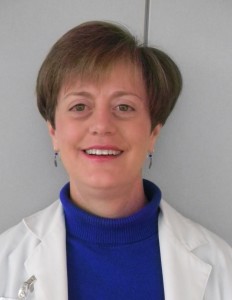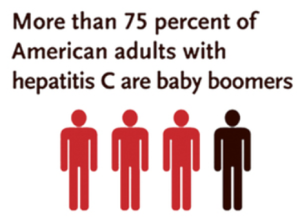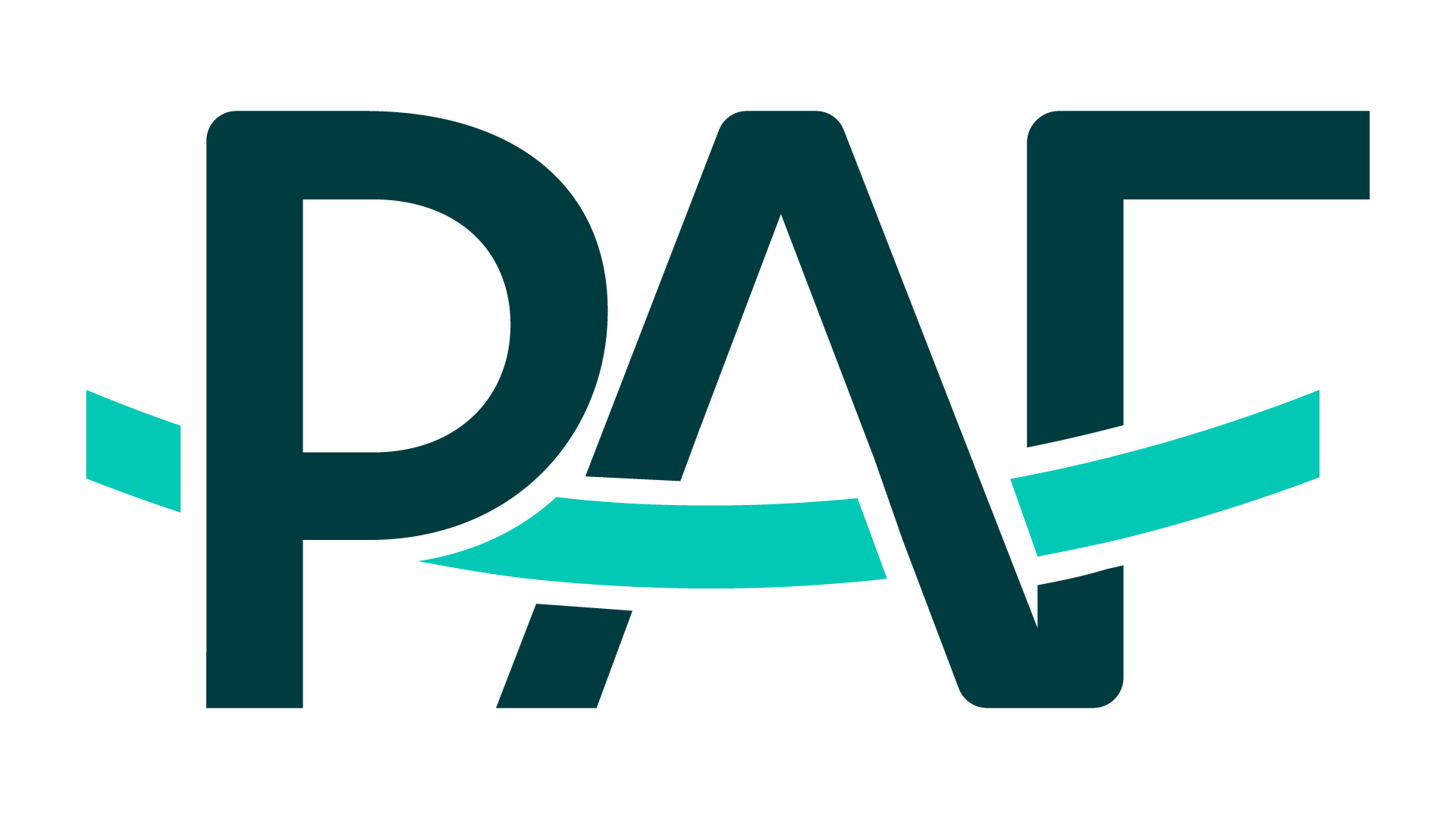Screening and Treating Patients with Hepatitis C in a Rural Community

Ruth Dotson, a PA at High Country Community Health in Boone, NC, received a 2015 IMPACT Grant for her project designed to identify and promote treatment of underserved patients in rural North Carolina with chronic hepatitis C. The goals of her project are to screen at-risk patients for hepatitis C, provide funding to patients for pre-treatment labs and workup, and promote vaccination against hepatitis A and B. The Foundation recently caught up with Ruth to get a status update on her project and its impact on patient health so far.
Since initiating the project in November 2015, High Country Community Health (HCCH), a community health center providing primary care, behavioral health and dental services within an integrated model of care, has screened approximately 45 at-risk patients for hepatitis C with the rapid finger-stick antibody test at its clinic and local addiction treatment centers. It has also purchased 25 more screening kits to be used in the near future. Through these screenings, the HCCH team has identified 12 patients chronically infected with the hepatitis C virus, yielding a detection rate of 26%. This is significantly higher than the national average of around 6%, largely due to the identification of high-risk and uninsured individuals for screening.
HCCH also offers up to $200 per patient in financial assistance for pre-treatment labs and radiology through the project. Furthermore, it has negotiated significantly reduced prices for pre-treatment labs with its lab, Wake Forest. To date, seven uninsured patients have completed the pre-treatment workup and nine others are pending.
Ruth shared notable stories of two patients whose health and overall well-being have been directly impacted by this IMPACT Grant project. Patient A, she says, was diagnosed with chronic hepatitis C about 10 years ago and spent five years in prison for drug-related charges. During that time she received hepatitis C treatment but was unable to complete the treatment regimen due to side effects. Once out of prison, Patient A found herself unemployed and uninsured, and was diagnosed with advanced liver disease with cirrhosis. A friend referred her to HCCH, where she was able to get pre-treatment labs and radiology at almost no cost as a result of project funding. She was also able to procure the medication needed to accompany her treatment through a pharmaceutical patient assistance program. Patient A is now nearing the end of her treatment and has achieved an early viral response with undetectable levels of the virus. Ruth reports that when the patient learned she would be able to get this $180,000 treatment at almost no cost through the clinic, she broke down in tears of gratitude and dedicated herself to pursuing a healthier lifestyle – including trying to quit smoking – so she would not squander the gift of improved health.
 Uninsured Patient B tested positive for hepatitis C using the rapid antibody test purchased through grant funding. He received pre-treatment labs at a minimal cost and is applying for assistance with medication costs through a pharmaceutical company. With the appropriate treatment, clinic staff believes he has a significant chance of being cured of hepatitis C. Patient B credits HCCH’s grant project for making his health improvement possible. He states, “Without the screening program and assistance with treatment, I would likely have liver failure, liver cancer and/or possible death within the next few years. You are saving my life.”
Uninsured Patient B tested positive for hepatitis C using the rapid antibody test purchased through grant funding. He received pre-treatment labs at a minimal cost and is applying for assistance with medication costs through a pharmaceutical company. With the appropriate treatment, clinic staff believes he has a significant chance of being cured of hepatitis C. Patient B credits HCCH’s grant project for making his health improvement possible. He states, “Without the screening program and assistance with treatment, I would likely have liver failure, liver cancer and/or possible death within the next few years. You are saving my life.”
Ruth acknowledges that the project has not been without its challenges. Delays occurred at the beginning stages during negotiations for reduced lab prices. HCCH staff has found it challenging to educate patients and providers about the need for routine screenings for patients. To address this, the center is developing a partnership with a pharmaceutical company to implement a free screening program that will include all at-risk patients including baby boomers, as recommended by the CDC. In addition to the initial screening, HCCH staff has witnessed barriers to motivating patient compliance with the recommended pre-treatment labs and workup. Originally patients were asked to pay $25 prior to receiving their $200 in financial assistance for lab costs, but that fee proved to be prohibitive for many patients and prevented them from following through with the process. Other barriers include patients’ ongoing substance abuse, recent hepatitis C infection without determination of chronic infection, and low fibrosis scores which often disqualify patients from receiving medication approval from insurance and patient assistance companies.
Moving forward, HCCH will focus on continuing to help patients get the pre-treatment labs and workup they need in order to proceed with effective treatment. In addition, HCCH has learned that a vaccine for hepatitis A and B is covered for uninsured patients with hepatitis C through the North Carolina Immunization Project (NCIP). The clinic is currently seeking NCIP status in order to be able to offer the vaccine during regular office visits, thus increasing patient compliance.

